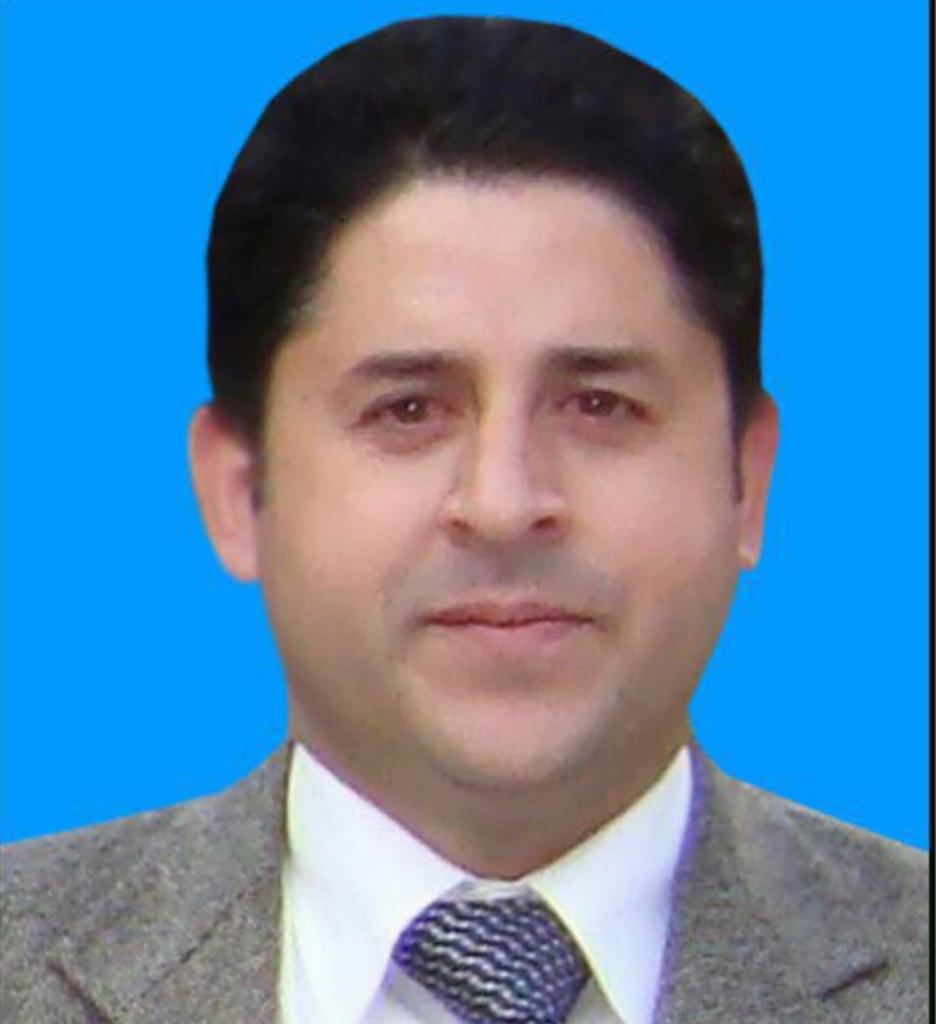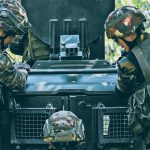Srinagar, Dec 30: To push academics and rural healthcare, the National Board of Examinations in Medical Sciences (NBEMS) has so far approved 250 Diplomate of National Board (DNB) in Jammu and Kashmir which is transforming rural healthcare.
Administrative Secretary, Health and Medical Education (H&ME) Department, Bhupinder Kumar said J&K has got a total of 250 DNB seats since the program was started.
He said DNB implementation in J&K has increased the caseload, case mix and rational improvement in specialist services, especially in difficult and hard-to-reach areas. This has infused research and academic environments in hospitals.
“For example, CHC Kupwara was strengthened in terms of infrastructure, manpower. Before the start of DNB courses in the CHC, the patients had to travel to GMC Srinagar or Baramulla for advanced treatment. It has started transforming rural healthcare,” Kumar said.
Notably, at the CHC Kupwara, now the average OPD rush has gone up to 1000 patients per day and referrals have come down by 80 percent.
“Referrals have reduced from CHC to tertiary care. The patient care and post-operative care has increased. This has decreased the out-of-pocket expenditure of patients as well,” he said.
The DNB model has strengthened rural hospitals and helped to limit referrals and improved quality services across districts where there are no medical colleges.
“This year we have been able to almost double the DNB seats and this is a major success story of 2022. In the years to come, we will improve it further and it is increasing day by day. We are seeing the change. In future we would be having PG students 24/7 in rural hospitals and they will bring more transformation in the healthcare system and improve quality,” he said.
The 250 seats were sanctioned in institutions including GMCs, DHs and CHCs. The seats include 205 broad specialty and 45 super-specialty seats which are above MD/MS seats.
The DNB courses were first initiated in five selected District Hospitals and CHCs and after the success it has been replicated in other District Hospitals across Jammu and Kashmir.
Now, in J&K, about 20 institutions have started the courses. Since there are gaps in health infrastructure and shortage of specialists in the UT, DNB is proving to be the cost efficient and easily scalable model.
The DNB courses were initiated in the institutions since 2019-20 in view of lack of specialist doctors in rural hospitals. DNB is equivalent to MD/MS (PG) course and is being awarded by the NBEMS.
Kumar said the implementation of DNB in district hospitals of J&K is an important endeavour to address the key concerns of shortage of specialists and providing quality care, and District Hospitals are being strengthened to improve healthcare.
Implementation of DNB courses has led to an equitable distribution of health care services and manpower especially in far-flung and hard-to-reach areas and beneficial to the population which have very meagre access to health care services in their areas.
Hospitals are being strengthened in terms of infrastructure, processes are improved, more ICUs were established, manpower was rationalized and finally the specialized patient care services were improved.
DNB seat enhancement boosts J&K’s rural health

Leave a Comment
Leave a Comment









